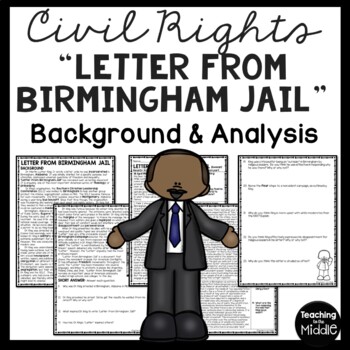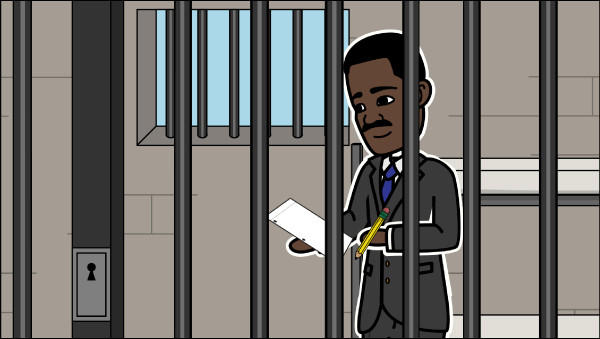

Many have criticized the nonviolent protests in Birmingham as coming at the wrong time, but the truth is that, compared to many other countries around the world, the United States is moving toward democracy very slowly. It gets the attention of communities that have refused to negotiate, with the goal of getting them to come to the table and take an honest look at the problem. Negotiations haven’t worked, however, which is why nonviolent direct action is necessary and warranted. There’s no question that negotiation is preferable to direct action, but direct action is undertaken with the aim of opening up a space for negotiation. Some have criticized this approach, asking if there is a better way. These are acts of presenting bodies as sacrifices, in the hopes of awakening regional and national consciences. The fourth step is nonviolent direct action, which involves peaceful protests, sit-ins, and so on. In trainings, people ask each other over and over if he or she is prepared to receive blows without responding in kind, or to do time in jail. The unwillingness to negotiate necessitates nonviolent, direct action, but before undertaking such action, those who will be involved undergo self-purification, a process of mental and spiritual preparation for the action ahead. But leaders have consistently rebuffed attempts to negotiate. With the facts gathered, the Negro community has sought to bring its grievances to city leaders. The second step in a nonviolent campaign is negotiation. In Birmingham there are more unsolved cases of black homes getting bombed than anywhere else, and the courts routinely withhold justice from blacks.

It’s arguably the most segregated city in the nation. The evidence is clear that Birmingham, Alabama, is drowning in segregation and injustice. A nonviolent campaign begins with the collection of relevant facts.


 0 kommentar(er)
0 kommentar(er)
